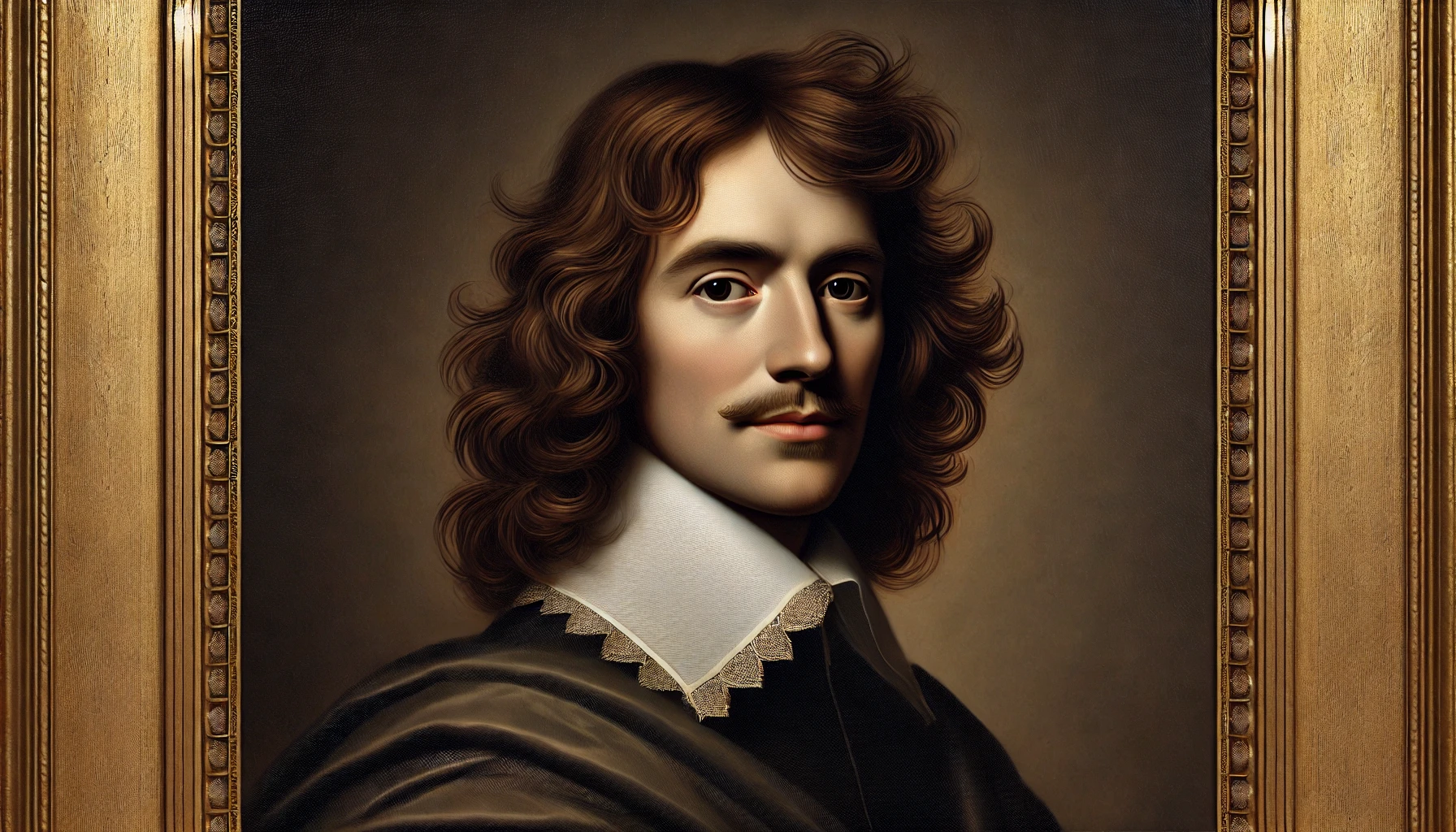Introduction
Andrew Marvell (1621–1678) was an English poet, satirist, and politician, best known for his metaphysical wit, lyrical elegance, and political writings. A contemporary of John Donne and George Herbert, Marvell blended philosophical depth, carpe diem themes, and sharp satire, making him a unique voice in 17th-century literature.

Life and Family
- Born: March 31, 1621, in Winestead, Yorkshire, England.
- Family:
- Father: Reverend Andrew Marvell (Anglican clergyman).
- Mother: Anne Pease Marvell.
- Education:
- Hull Grammar School.
- Trinity College, Cambridge (BA 1639).
- Early Career:
- Traveled Europe (1642–1646), possibly as a tutor.
- Worked as a tutor for Mary Fairfax (daughter of a Parliamentarian general).
- Political Career:
- Member of Parliament for Hull (1659–1678).
- Served under Oliver Cromwell’s Commonwealth and later the Restoration monarchy.
- Death: Died suddenly on August 16, 1678, possibly of malaria. Buried in St. Giles-in-the-Fields, London.
Literary Works and Career
Marvell’s works span lyric poetry, political satire, and prose pamphlets:
- Metaphysical Poetry: Witty, intellectual, with themes of time, nature, and love.
- Political Writings: Satires defending Parliament and criticizing corruption.
Key Works & Publications
- Lyric Poetry (Published posthumously, 1681)
- To His Coy Mistress ("Had we but world enough, and time...").
- The Garden ("How vainly men themselves amaze...").
- An Horatian Ode upon Cromwell’s Return from Ireland (1650).
- Satires & Prose
- The Rehearsal Transpros’d (1672–1673) – Political satire.
- Account of the Growth of Popery (1677) – Anti-Catholic polemic.
Qualifications & Positions
- Education: Cambridge (BA).
- Professional Roles:
- Tutor (Fairfax family, 1650s).
- MP for Hull (1659–1678).
- Latin Secretary (assisted John Milton during Cromwell’s rule).
Notable Works List with Publication
Poetry (Mostly published posthumously in Miscellaneous Poems, 1681)
- To His Coy Mistress (carpe diem love poem).
- The Garden (meditation on nature and solitude).
- An Horatian Ode upon Cromwell’s Return from Ireland (political ode).
- The Mower’s Song (pastoral lament).
- Upon Appleton House (country-house poem).
Prose & Satire
- The Rehearsal Transpros’d (1672–1673) – Mocked Anglican censorship.
- Account of the Growth of Popery (1677) – Exposed Catholic influence.
Legacy
- Metaphysical Master: Ranked with Donne and Herbert for wit and depth.
- Political Influence: Bridged Cromwellian and Restoration eras.
- Romantic Appeal: To His Coy Mistress remains a quintessential carpe diem poem.